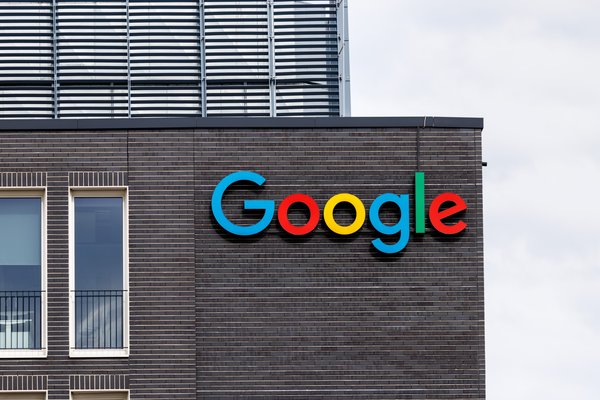Google parent Alphabet is set to post its second-quarter earnings Wednesday after the market closes, and Wall Street is gearing up for what it hopes could be another surprisingly lucrative quarter.
Suggested Reading
Last quarter, Google’s parent company significantly surpassed Wall Street’s expectations, highlighting momentum across its search, cloud, and AI businesses — sectors that will likely show similar success this quarter.
Related Content
Zacks Investment Research projected on Friday that Alphabet will report an earnings per share of $2.14, which would be up 13.2% year-over-year, and sales of $79.25 billion, up 11.1% year-over-year. Alphabet’s reported earnings have outpaced Zacks’ projections for the last four quarters.
Charley Blaine at the Street said Monday that Alphabet is expected to post an earnings per share of $2.16, showing an increase of 14.3% from last year, plus revenue of $87.9 billion, up 3.8%. Blaine adds that Alphabet’s shares are down 2.2% this year and “analysts will surely want to know how much — and when — all the investments will start to flow to the bottom line.”
Morningstar said on Monday it will be looking for updates on the company’s “generative artificial intelligence search, its monetization rates, and the health of the overall search business.” Analysts added that they expect a “pickup in the back half of 2025” for Google Cloud, and say that although Google has “arguably the best model out there” with Gemini 2.5 Pro, it still has to prove it can “translate that technical leadership into commercial success.”
In its first-quarter earnings, Alphabet posted a net income of $34.5 billion on $90.2 billion in revenue — a 12% year-over-year increase that beat Wall Street’s estimate of $89.2 billion. The company also reported earnings per share of $2.81; analysts were expecting that number to be $2.01. Net income increased 46%.
The company also announced a $70 billion stock-buyback program and said it will increase its quarterly cash dividend by 5% to $0.21.
State of Alphabet’s businesses
Alphabet owns and operates Google, YouTube, Waymo, Gemini AI, and more, and has seen successes and challenges to its businesses this quarter — especially Google.
Google’s search engine has seen a lot of competition to its service from AI challengers lately. ChatGPT and other AI-native tools are starting to pull traffic and attention away from traditional search engines by answering questions directly. According to a recent report from Mary Meeker, ChatGPT hit a billion searches a day in less than two years; Google needed 11 years to reach that mark. Perplexity AI, the startup backed by Nvidia, Jeff Bezos, and SoftBank, is taking direct aim at Google Chrome with its latest launch: an AI-powered web browser called Comet.
Google has been rapidly kicking up its AI investment to try to keep up. The company added “AI Mode” and “AI Overviews” features to its search pages. It also recently announced a new $3 billion investment in hydropower for its AI data centers, part of Google’s larger $25 billion investment in data centers. Plus, the tech company has been offering employee buyouts so it can move funds over to AI.
Regardless of AI’s ups-and-downs, Google Search still remains the largest revenue driver for the company. Last quarter, Google Search revenue grew almost 10% year-over-year to $50.7 billion. Google’s ad revenue was $66.8 billion in the quarter.
Google’s AI chatbot Gemini AI has been fairly successful, even as it trails behind ChatGPT. Google announced a partnership with Volvo in May to put its AI chatbot in vehicles later this year.
The tech company also has expanded its footprint in cloud computing with Google Cloud. It holds the third-largest market share in the global cloud infrastructure space, behind Amazon Web Services and Microsoft Azure. Google Cloud’s revenue reached $12.3 billion last quarter.
Meanwhile, the tech giant has been battling two antitrust lawsuits, one for allegedly monopolizing online search and another to dismantle the company’s ad tech empire. It’s also dealt with a cease and desist order in Japan and a $4.7 billion antitrust charge in the European Union.
Alphabet’s self-driving unit Waymo is doing pretty well, especially compared to competitors like Tesla. It has been operating commercial, driverless rides in cities including Phoenix and San Francisco since 2023 — and in Austin since March. Waymo is methodically planting flags in city after city, with a recent addition in Atlanta via Uber. Yet even with its success, Waymo isn’t a big revenue driver quite yet.
—Shannon Carroll, Kevin Ryan, Jackie Snow, and Emily Price contributed to this article.

